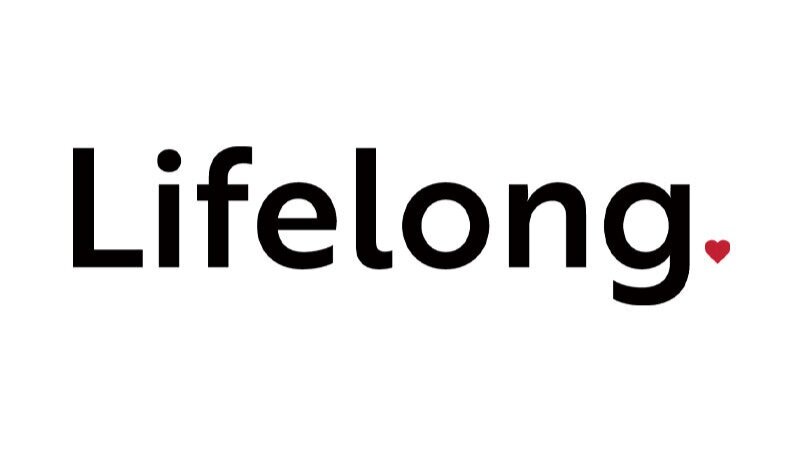Did you know an estimated 1.4 million adults identify as transgender in the U.S.? National Transgender HIV Testing Day (NTHTD) was observed on April 18th, illuminating the importance of routine HIV testing, status awareness, and HIV prevention and treatment.
Transgender women are at a high risk of having HIV—and the risk is disproportionately high in transgender women of color. The Centers for Disease Control and Prevention (CDC) reports that 73% of trans women living with HIV are unaware of their HIV positive status. Routinely testing can prevent negative health outcomes.
Almost four decades ago, HIV prevention consisted primarily of condom distribution.
Today we focus on access to PrEP, a single pill taken every day to reduce the chances of getting HIV if you are HIV negative. It is part of a comprehensive program which involves taking medication and being screened for HIV and other STI’s regularly.
Honoring our roots
Bringing focus to NTHTD and the importance of routine testing harkens back to Lifelong’s roots; we’ve been a fixture in our community since the early days of the AIDS epidemic. Due to the vast stigma and misinformation about the disease at the time, many people were left in dire need without resources. We stepped in to fill the gap: volunteers rallied to provide food, transportation, and caring support when others turned their back in fear.
Together we built an organization that has become a first responder and trusted ally for the HIV community. We’ve been ingrained in the fabric of Seattle’s social service network history for nearly 40 years.
Over a decade ago, we discovered our unique model of care developed for people living with HIV could be just as successful for managing other life-challenging illnesses. We continue to use the tools, model of care, and compassion we’ve developed over the decades to support our community for whatever health challenges lay ahead.
Expanding to fight health inequities across the board
We’ve expanded our mission to further the fight against health disparities for all, and in that evolution, our work and commitment to HIV advocacy and care services has grown to meet the needs of the community and those that are now at greatest risk, like BIPOC and transgender individuals.
Our commitment to fighting for marginalized communities with relentless compassion is stronger than ever—because we see the devastating effects that our community faces when trying to battle stigma, judgment, or the devastating effects of illness alone.
One in 10 transgender people have been evicted from their homes because of their gender identity. Housing is healthcare, as managing health issues becomes much easier with somewhere safe and stable to live. We offer inclusive housing options for people with an HIV positive diagnosis, depending on every individual’s unique circumstances.
Dismantling obstacles limiting the healthiest life
Our wraparound care model supports the whole person by breaking down barriers and improving access to nutritious food, stable housing, and vital health resources for people living with diabetes, HIV, kidney disease, and other life-challenging illnesses. Our community support network fills the gaps in broken systems and ensures that everyone has an equitable opportunity to thrive.
Moving forward to impact our community
This NTHTD and always, we seek to improve and build upon our successes and expertise to better serve people long into the future.
Looking for additional resources or ways to help? Contact us.

